
The rise of cryptocurrencies has brought a new wave of financial freedom and security. With decentralized finance (DeFi) gaining popularity, it has become essential to have a reliable and secure wallet to manage your digital assets. Two of the most popular wallets in the market are Ledger and MetaMask, each offering unique features and advantages.
Ledger: Known for its robust security features, Ledger is a hardware wallet that stores your private keys offline, away from potential hackers and online threats. With Ledger, you can securely manage a wide range of cryptocurrencies, including Bitcoin, Ethereum, and many more. Its user-friendly interface and intuitive design make it easy for both beginners and experienced users to navigate.
MetaMask: On the other hand, MetaMask is a software wallet that operates as a browser extension. It allows users to interact with decentralized applications (dApps) and access their Ethereum-based assets. MetaMask offers seamless integration with popular web browsers like Chrome and Firefox, making it convenient for users who frequently use dApps and participate in DeFi protocols.
So, which wallet is right for you? The answer depends on your specific needs and preferences. If security is your top priority and you prefer to store your digital assets offline, Ledger might be the better choice for you. On the other hand, if you’re an active DeFi user and need quick and easy access to your Ethereum-based assets, MetaMask might be the more suitable option.
Security Features of Ledger and MetaMask

When it comes to choosing a cryptocurrency wallet, security is a top concern. Both Ledger and MetaMask have implemented various security features to ensure the safety of your digital assets.
Ledger, a hardware wallet, offers an added layer of security by keeping your private keys offline. Private keys are never exposed to the internet, making it virtually impossible for hackers to gain access to your funds. Additionally, Ledger wallets use a secure element chip that provides extra protection against physical attacks.
MetaMask, on the other hand, is a software wallet that runs as a browser extension. It uses a hierarchical deterministic (HD) wallet structure, which means that all the wallet addresses are derived from a single seed phrase. This makes it easier to manage multiple crypto assets, while still maintaining the security of a single private key. MetaMask also supports multi-factor authentication (MFA), adding an extra layer of protection to your wallet.
Both Ledger and MetaMask allow you to set a strong password to protect your wallet. They also offer the option to create a backup of your wallet, which you can use to recover your funds in case your device is lost or stolen.
While Ledger offers offline storage and physical security measures, MetaMask provides convenience and accessibility with its browser-based interface. Ultimately, choosing the right wallet depends on your individual needs and preferences.
It’s important to note that regardless of the wallet you choose, it’s crucial to practice good security hygiene, such as keeping your software up to date, using strong passwords, and being cautious of phishing attempts.
User-Friendliness of Ledger and MetaMask

When it comes to user-friendliness, both Ledger and MetaMask offer different experiences.
MetaMask is known for its simple and intuitive interface, making it a popular choice for beginners. It is a browser extension wallet, meaning it can be easily accessed and used directly from your web browser, without the need to download any additional software. This ease of use makes it a great option for those who are new to cryptocurrency and want a wallet that is straightforward to set up and navigate.
On the other hand, Ledger is a hardware wallet, which means it requires a physical device to store your private keys. While it may seem more complex at first, it offers a higher level of security. However, setting up a Ledger wallet can be a bit more involved, as it requires downloading and installing software on your computer. Additionally, navigating the Ledger Live software may take some time to get used to, especially for those who are not technologically inclined. However, once set up, the Ledger wallet offers a user-friendly experience with its clear and easy-to-follow interface.
In summary, if you are a beginner looking for a simple and user-friendly wallet, MetaMask may be the better option for you. On the other hand, if you prioritize security and are willing to invest a bit more time into the setup process, Ledger can offer a user-friendly experience once you become familiar with its software.
Supported Cryptocurrencies on Ledger and MetaMask

When it comes to choosing the right cryptocurrency wallet, one of the most important factors to consider is the range of cryptocurrencies supported. Both Ledger and MetaMask are popular choices among cryptocurrency enthusiasts, but they have some differences in terms of the cryptocurrencies they support.
Here is a breakdown of the supported cryptocurrencies on both Ledger and MetaMask:
Ledger:
- Bitcoin (BTC)
- Ethereum (ETH)
- Ripple (XRP)
- Bitcoin Cash (BCH)
- Cardano (ADA)
- Litecoin (LTC)
- Polygon (MATIC)
- Chainlink (LINK)
- Dogecoin (DOGE)
- Stellar (XLM)
Ledger also supports a wide range of other cryptocurrencies, including but not limited to:
- Polkadot (DOT)
- Uniswap (UNI)
- Solana (SOL)
- VeChain (VET)
- Filecoin (FIL)
MetaMask:
- Ethereum (ETH)
- Binance Coin (BNB)
- Chainlink (LINK)
- Uniswap (UNI)
- Aave (AAVE)
- Dai (DAI)
- Compound (COMP)
- SushiSwap (SUSHI)
- Yearn.finance (YFI)
- Polkadot (DOT)
MetaMask primarily supports ERC-20 tokens, which are tokens built on the Ethereum blockchain. However, it also supports some other popular cryptocurrencies like Binance Coin and Polkadot.
It’s important to note that the list of supported cryptocurrencies may change over time as both Ledger and MetaMask continue to update their wallets. Therefore, it’s always a good idea to check the official websites of both wallet providers for the most up-to-date information on supported cryptocurrencies.
Ultimately, the choice between Ledger and MetaMask will depend on your specific cryptocurrency needs. If you primarily hold Bitcoin, Ethereum, and other major cryptocurrencies, Ledger may be the better option for you. On the other hand, if you are heavily involved in the Ethereum ecosystem and primarily use ERC-20 tokens, MetaMask may be more suitable.
Whichever wallet you choose, it’s important to thoroughly research and understand the supported cryptocurrencies to ensure that it meets your needs and allows you to store and manage your digital assets securely.
Frequently Asked Questions:
What is a Ledger wallet?
A Ledger wallet is a hardware wallet that is designed to securely store your cryptocurrency private keys offline.
What is MetaMask?
MetaMask is a software wallet that allows you to manage your Ethereum-based tokens and interact with decentralized applications (dApps) on the Ethereum network.
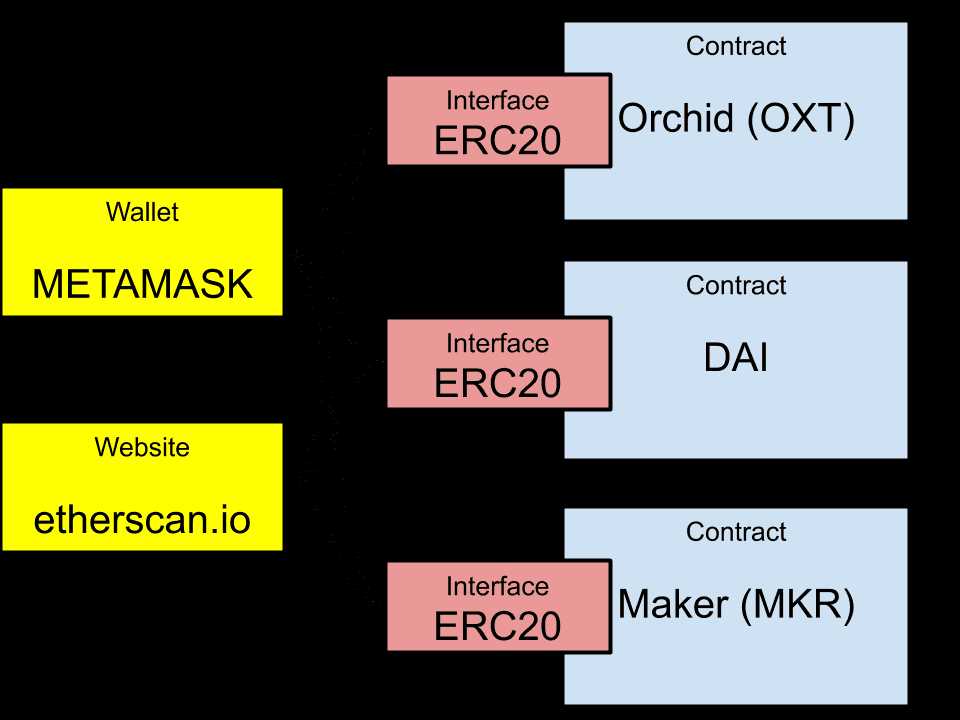


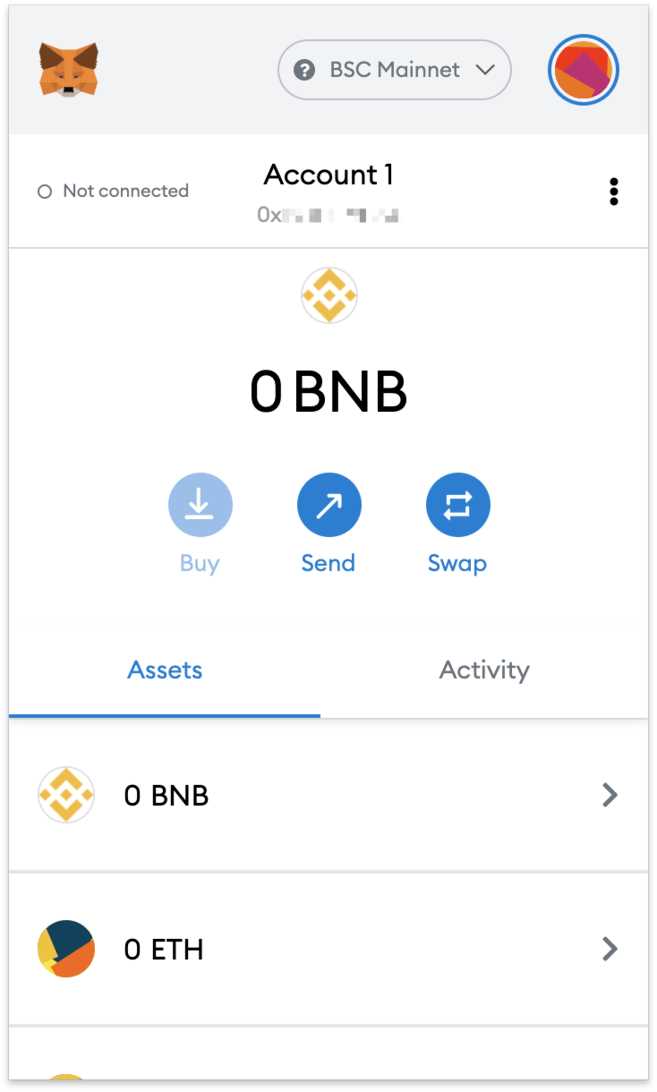
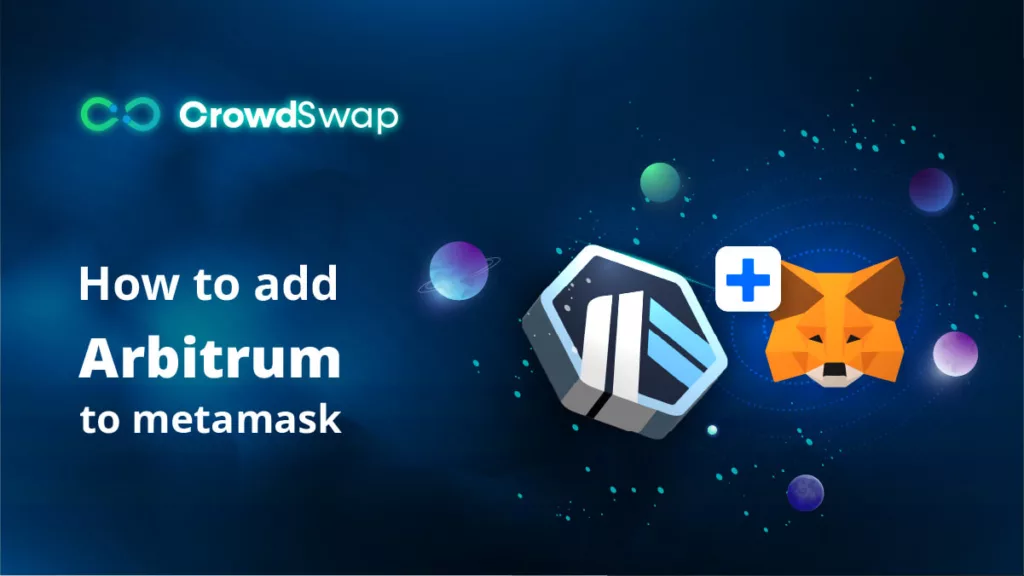
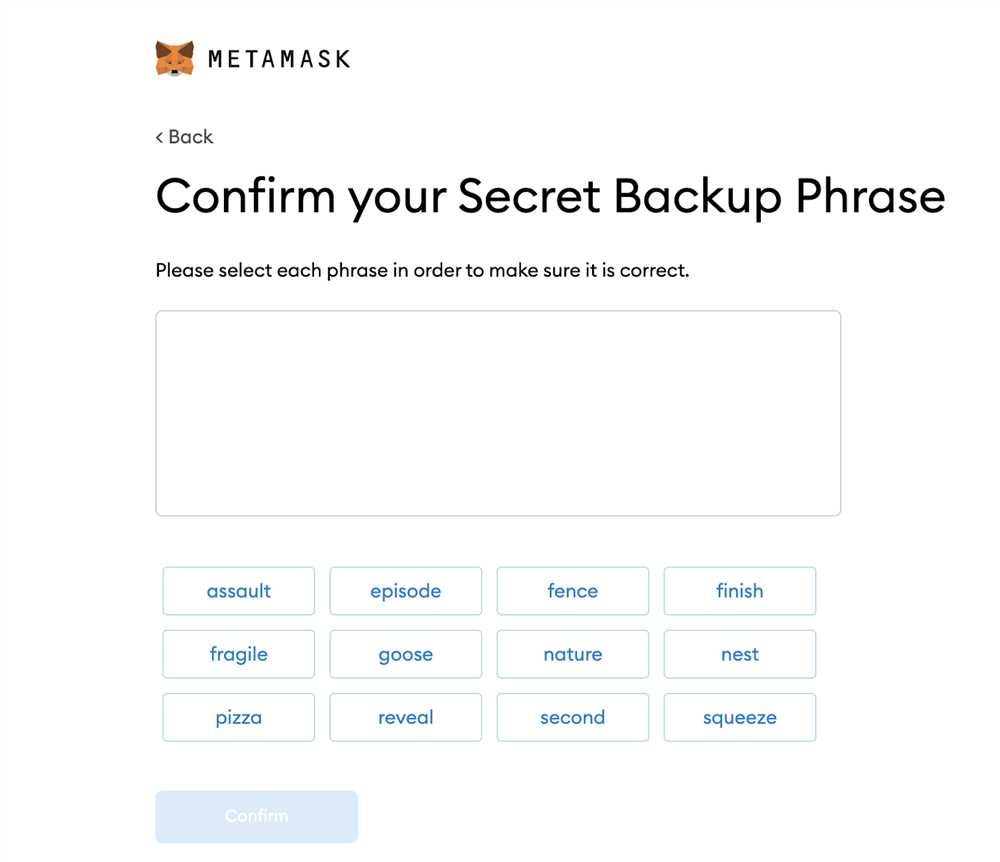
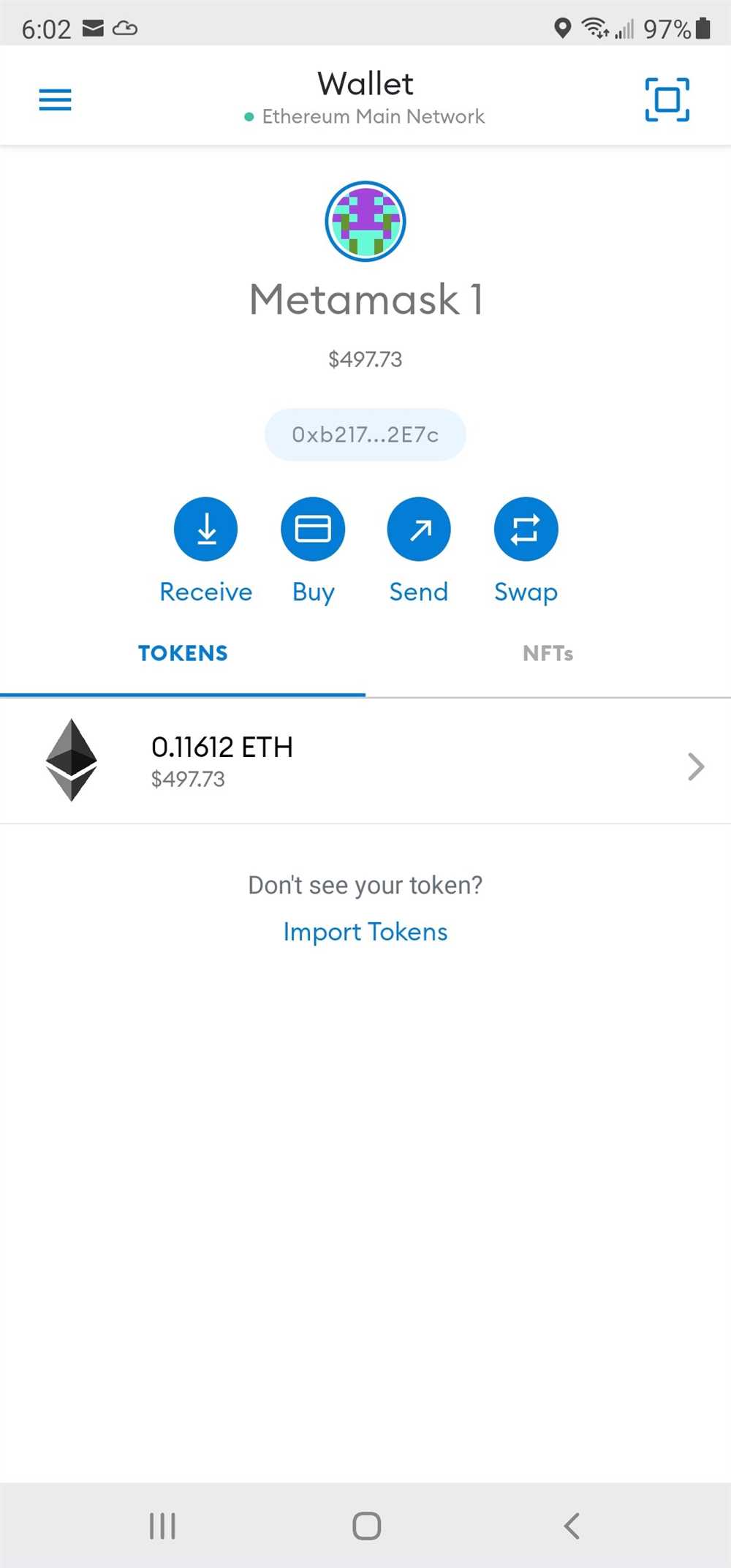
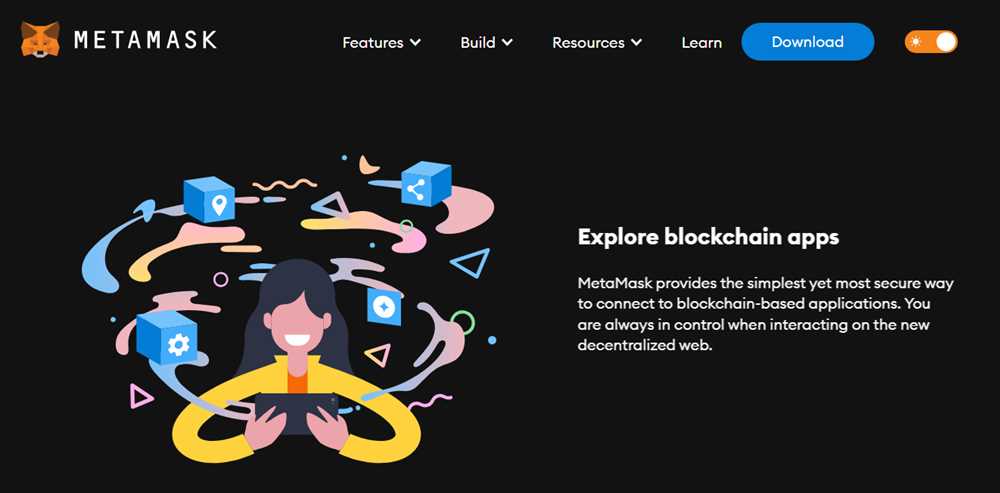
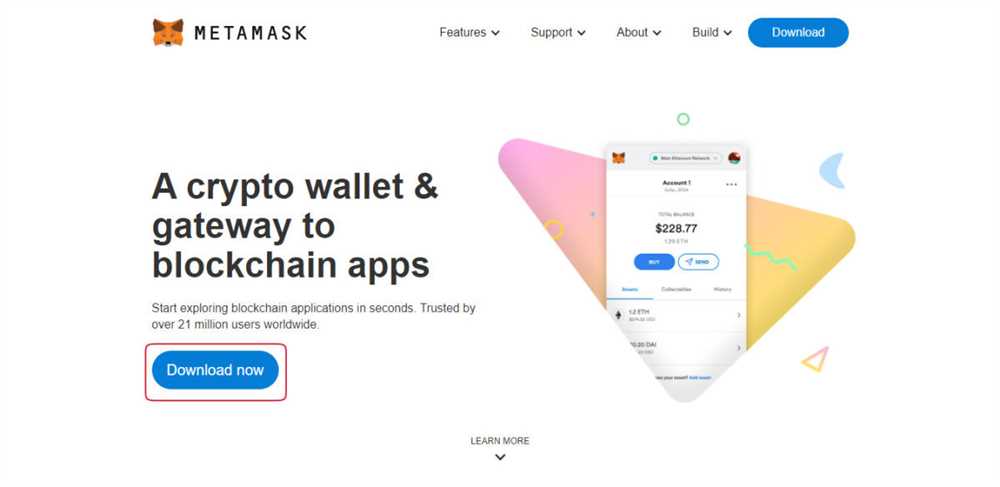


+ There are no comments
Add yours